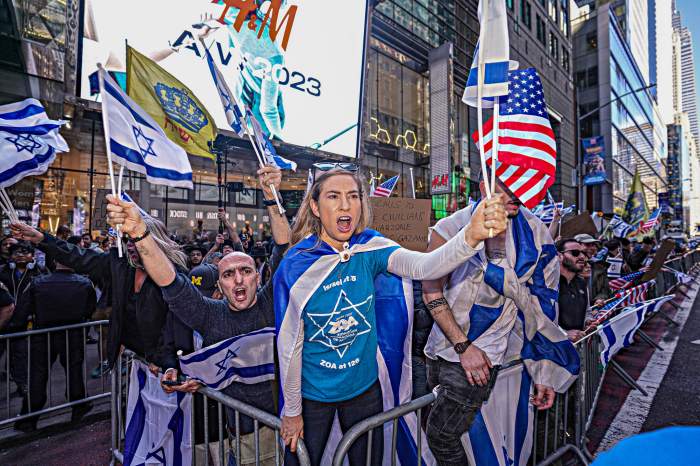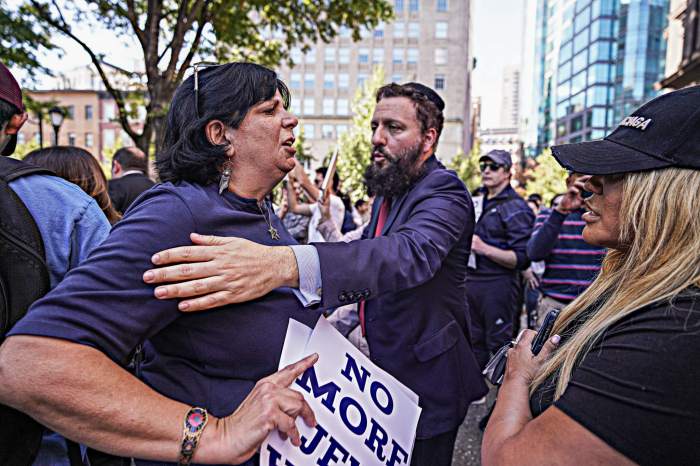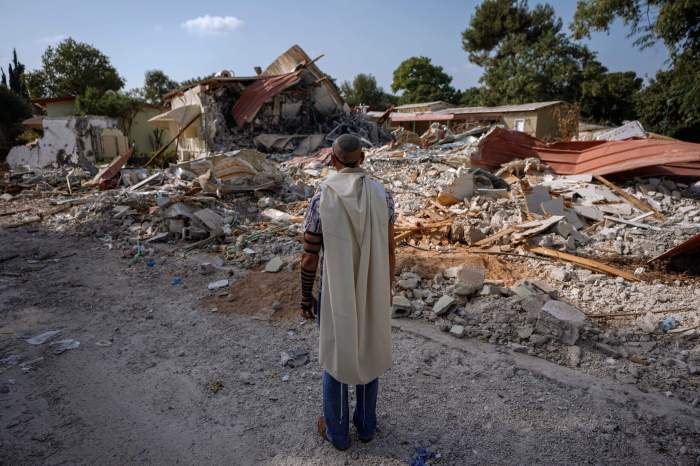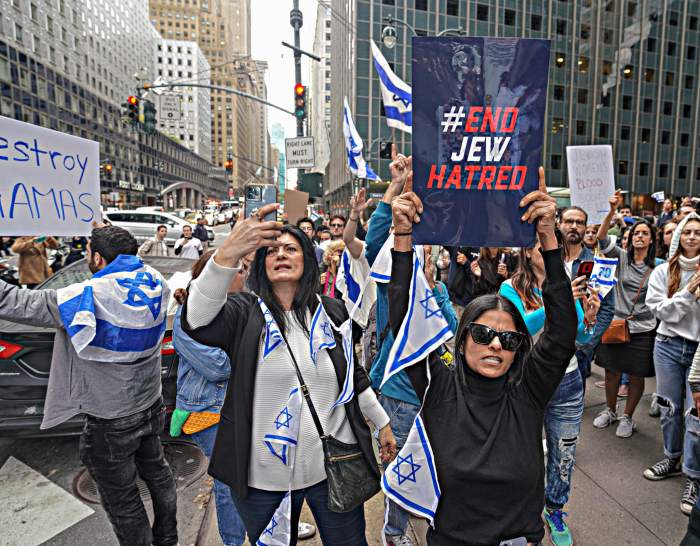Albany’s failure to reform the grand jury system, especially in cases involving lethal police encounters with unarmed civilians, is irresponsible.
After state lawmakers left the Capitol last month, Gov. Andrew M. Cuomo defaulted to the only option left. Using his power to appoint a special prosecutor to override a local district attorney, he gave Attorney General Eric T. Schneiderman blanket power, for a year, to investigate all cases in the state of police-involved civilian deaths.
Schneiderman, who made the request for such power in December, now may be thinking: Be careful what you wish for. For the past few days, the state district attorneys association has pushed back against Schneiderman’s guidelines for cooperation. If there were a fatal police shooting of an unarmed civilian today, it’s unclear how the process would work, especially early in the investigation.
In a functional criminal justice system, this is not an ideal arrangement. But it is a necessary, if temporary, measure to balance the perception that local prosecutors, who work closely with police, are reluctant to prosecute cops when the evidence demands it.
Cuomo acted after intense lobbying by supporters of the family of Eric Garner, who died last July after police applied an apparent chokehold while he resisted arrest for selling loose cigarettes. Months later, despite video of the incident, a Staten Island grand jury declined to indict the officer who subdued Garner.
The racial implications of white officers causing the deaths of unarmed black men has fueled the current politics. At a speech last week before the NAACP, Cuomo said, “This is the social schism that is breeding mistrust, disenfranchisement and alienation.”
But race isn’t the only reason these police cases feed distrust.
There is still no accounting for Suffolk County District Attorney Thomas Spota’s failure to find wrongdoing when an off-duty Nassau County police officer fired his service revolver five times after a road-rage incident with taxi driver Thomas Moroughan in Huntington Station in 2011. An internal police investigation even determined that the officer, Anthony DiLeonardo, who has since been fired, committed four felonies. Spota convened a grand jury only after Newsday published the internal affairs report. He then let it expire, raising questions about whether jurors even heard testimony. Cuomo should appoint a special prosecutor for the Moroughan case.
Outrage in these cases is driven by state grand jury secrecy laws. They should be amended so the public can learn who testified, what evidence was presented and which charges were considered. New York State Chief Judge Jonathan Lippman wants judges to preside over grand jury proceedings. He proposed a bill that would allow judges to question witnesses, review evidence and instruct jurors before they deliberate. Those are much-needed changes.
The power to investigate the deaths of unarmed civilians during encounters with police should be returned to local district attorneys, but only if the scales of justice are rebalanced to ensure more confidence in the criminal justice system.

















